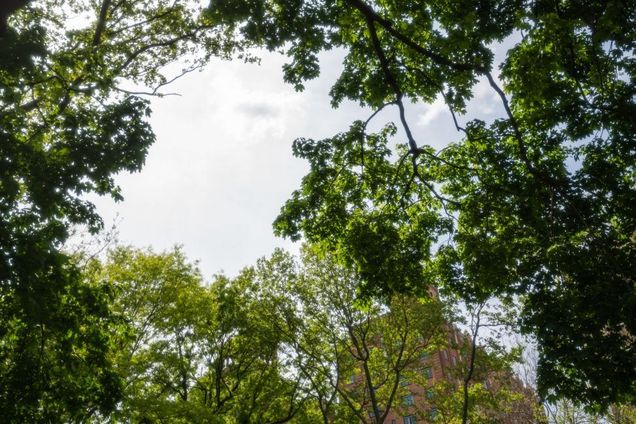City Trees Have Their Own Microbiomes—and Urban Living Is Changing Them
 Urban trees play a vital role in maintaining the health of cities and their residents by cooling neighborhoods, filtering air pollution, supporting biodiversity, and enhancing human well-being. However, these benefits are deeply connected to the tree microbiome—the community of microorganisms that supports tree health and resilience. As urbanization increases and cities face growing challenges from heat, drought, and pollution, these microbial relationships risk being disrupted, potentially weakening the ability of trees to thrive and provide their essential ecosystem services.
Urban trees play a vital role in maintaining the health of cities and their residents by cooling neighborhoods, filtering air pollution, supporting biodiversity, and enhancing human well-being. However, these benefits are deeply connected to the tree microbiome—the community of microorganisms that supports tree health and resilience. As urbanization increases and cities face growing challenges from heat, drought, and pollution, these microbial relationships risk being disrupted, potentially weakening the ability of trees to thrive and provide their essential ecosystem services.
Researchers from Boston University’s Bhatnagar Lab recently explored how urban environments affect the microbiomes of street trees compared to those in natural forests. Their study, published in Nature Cities, analyzed fungal and bacterial diversity, soil conditions, and tree size to reveal how city stressors alter microbial communities. In a discussion of their findings, senior author Jenny Bhatnagar and first author Kathryn Atherton, Bioinformatics PhD candidate, emphasize that understanding these microbial shifts is crucial not only for the survival of urban trees but also for the overall health of urban ecosystems.
Learn more in this story in The Brink.